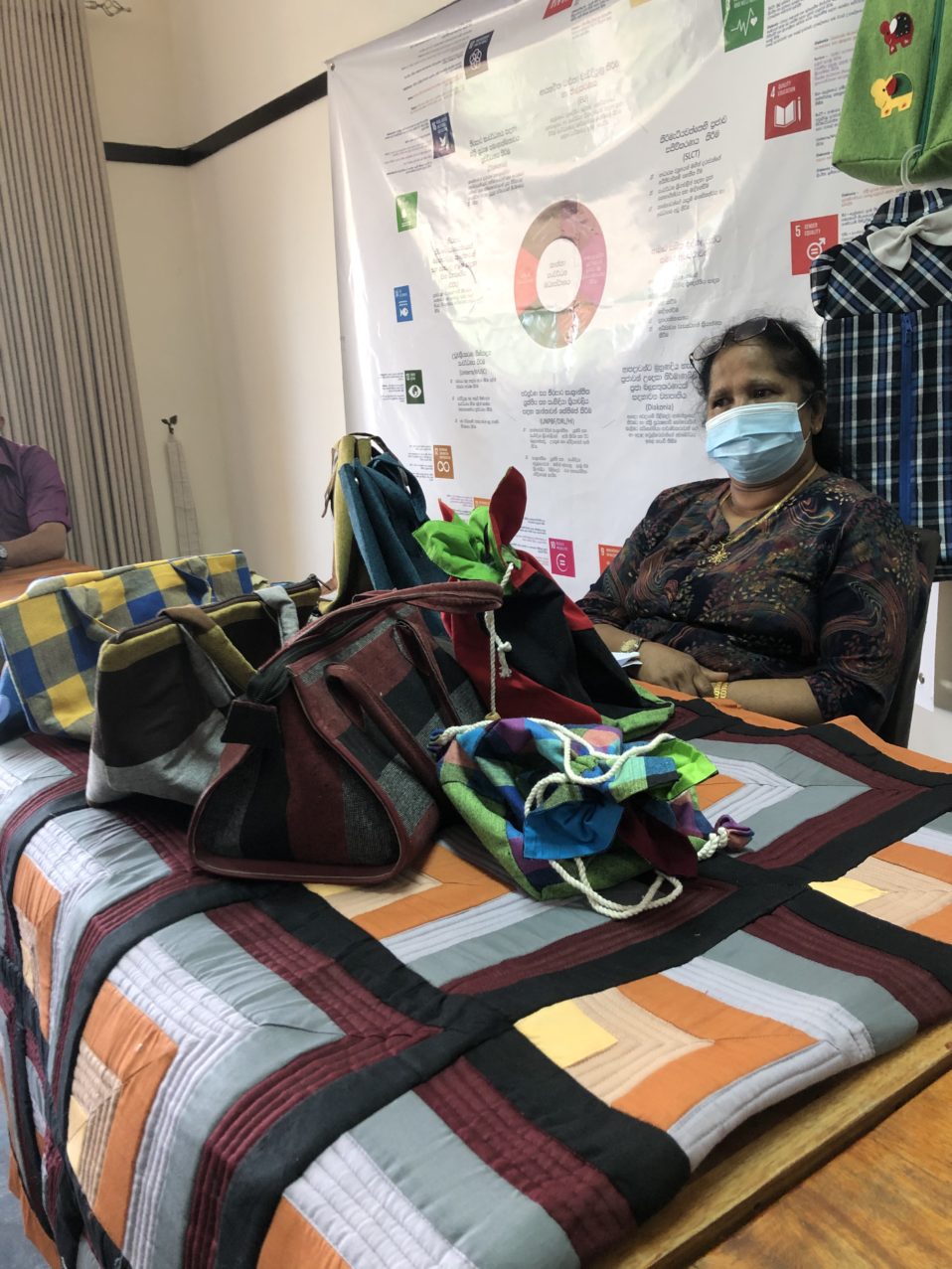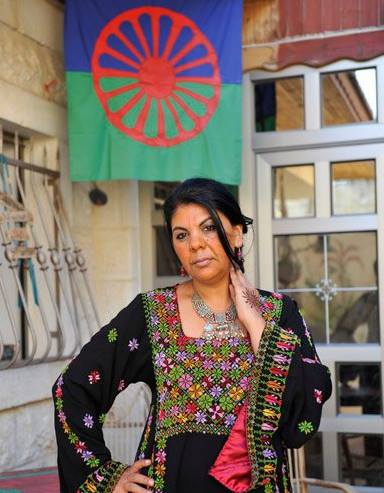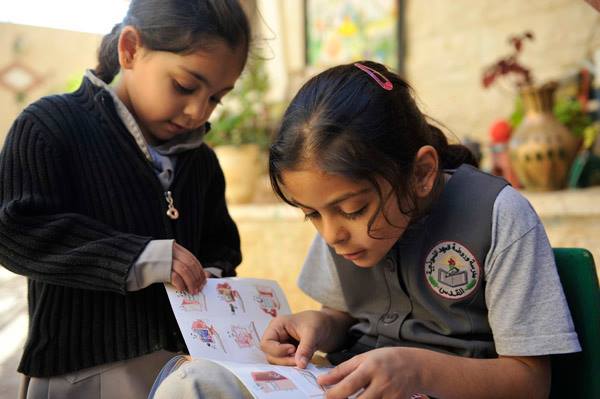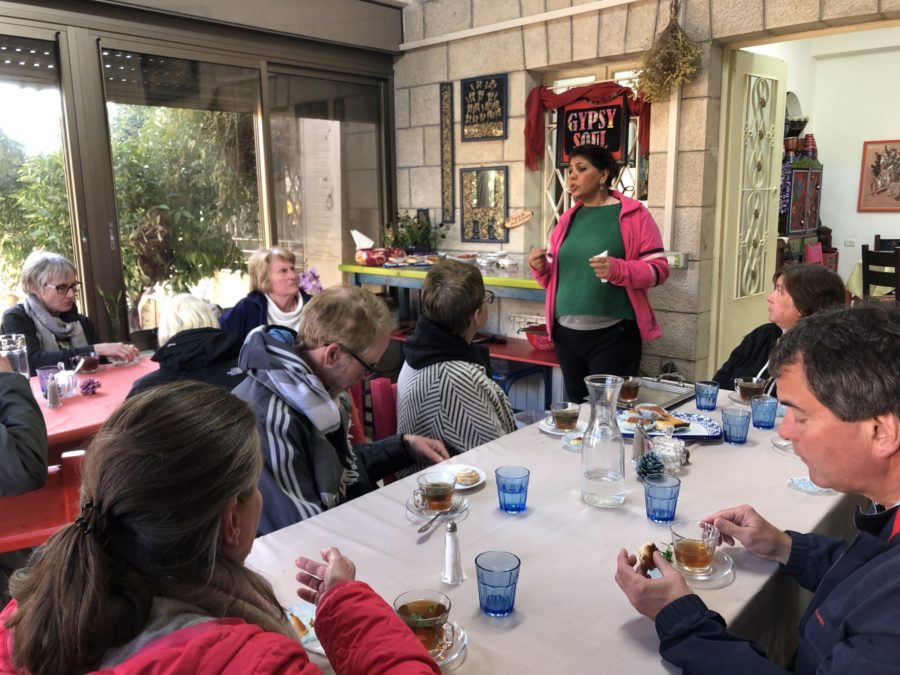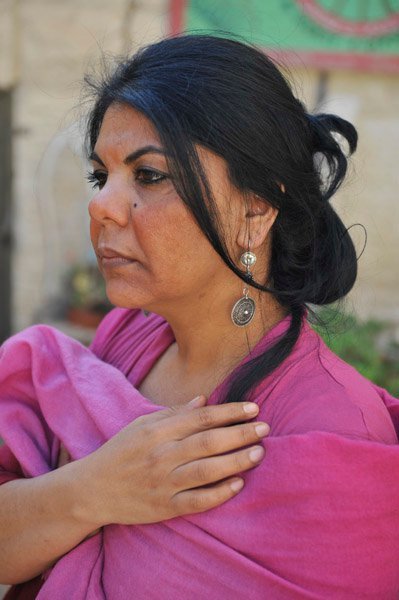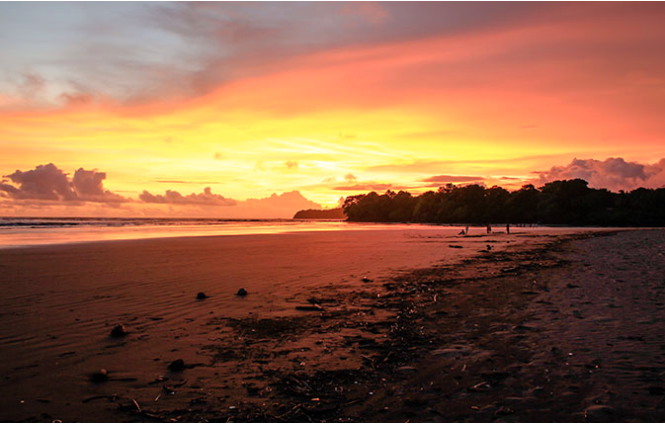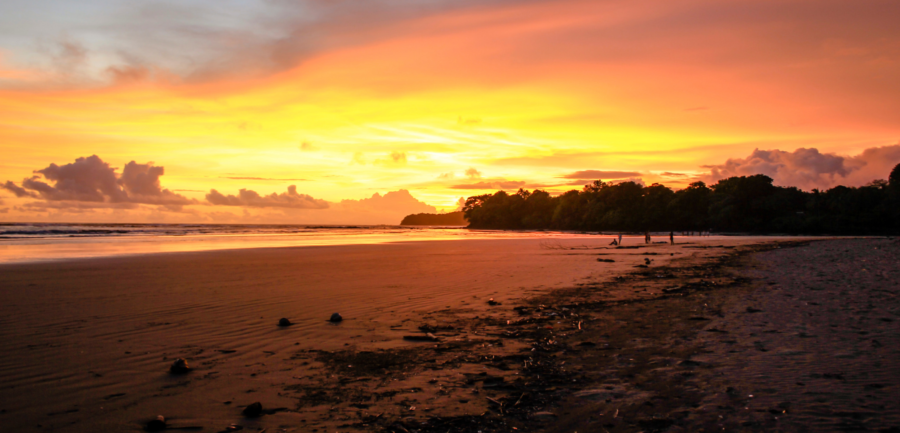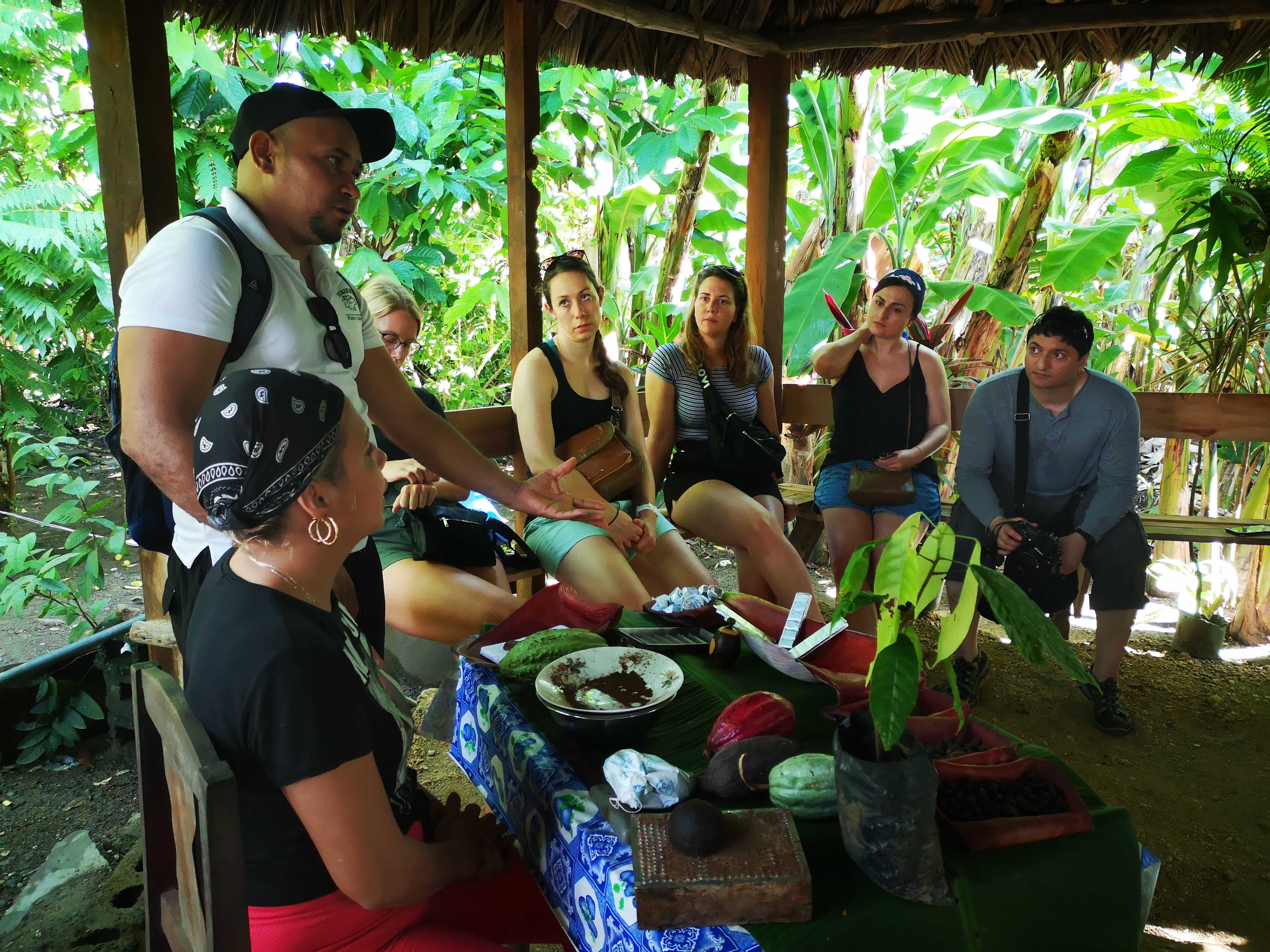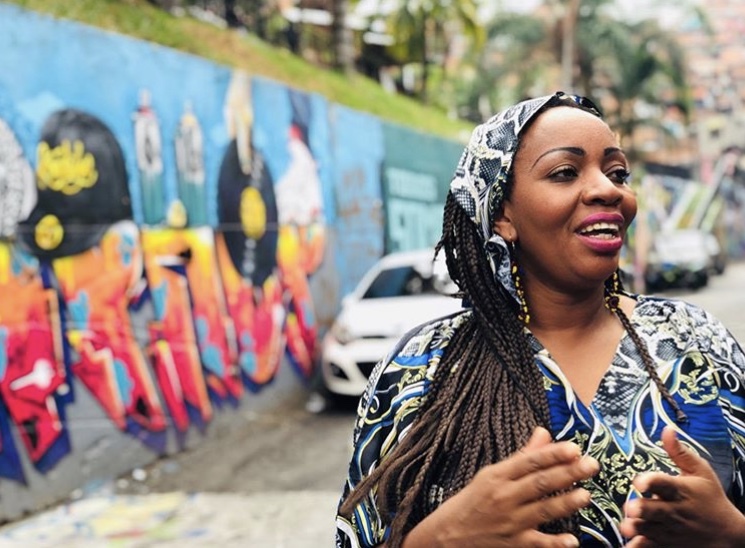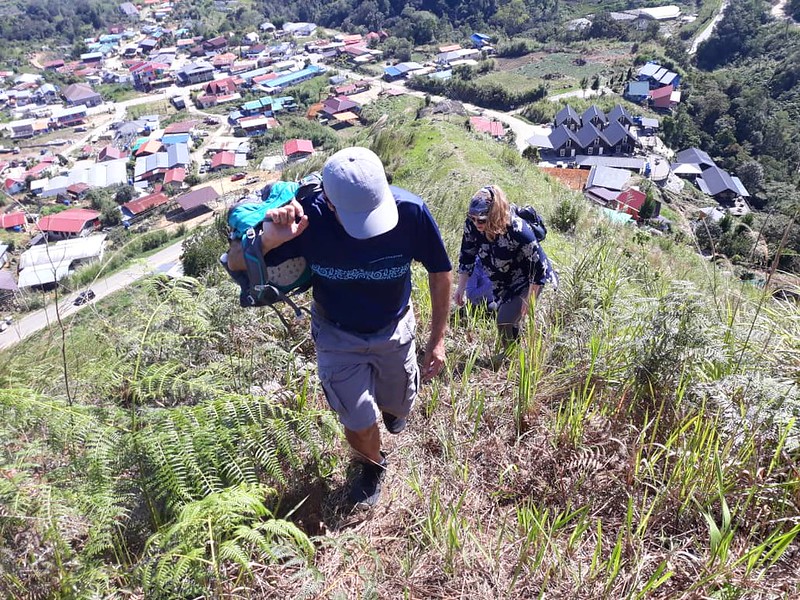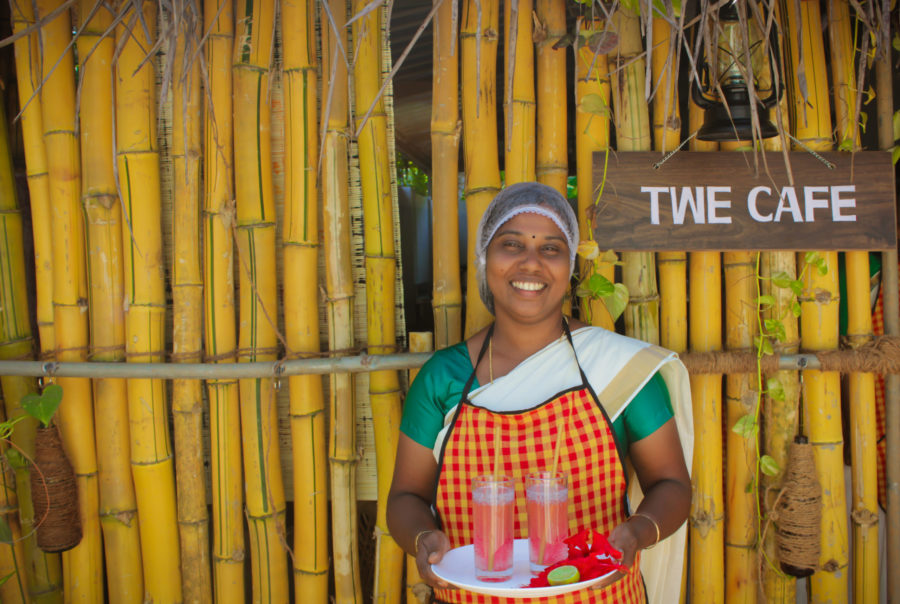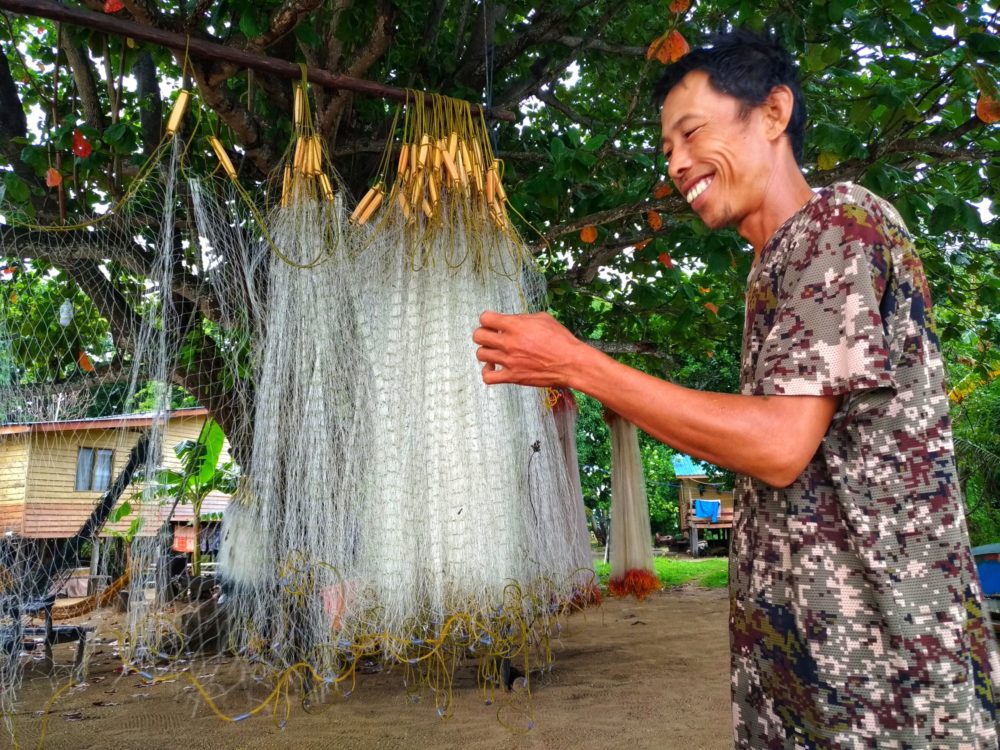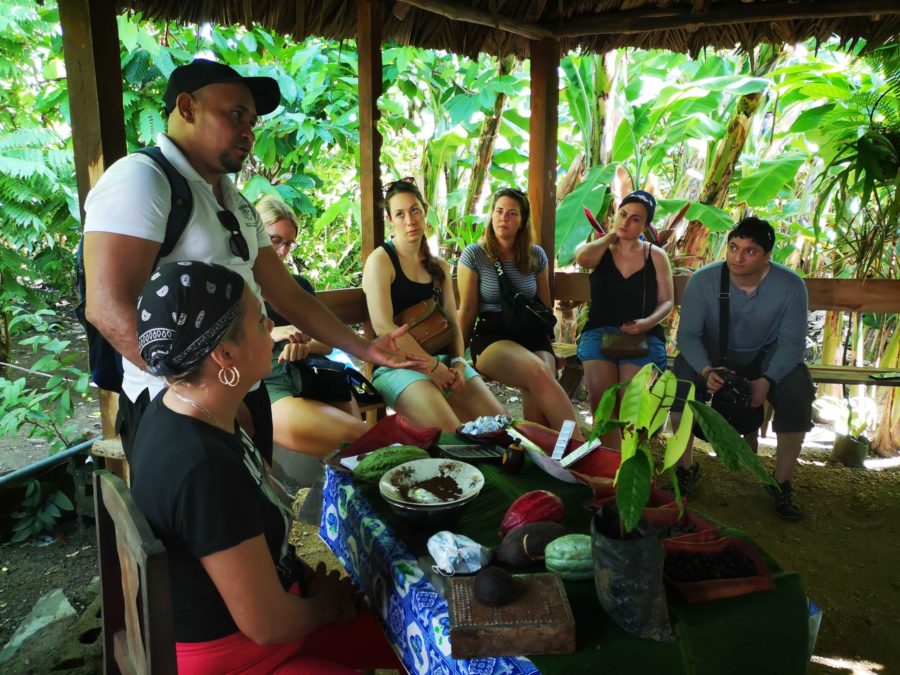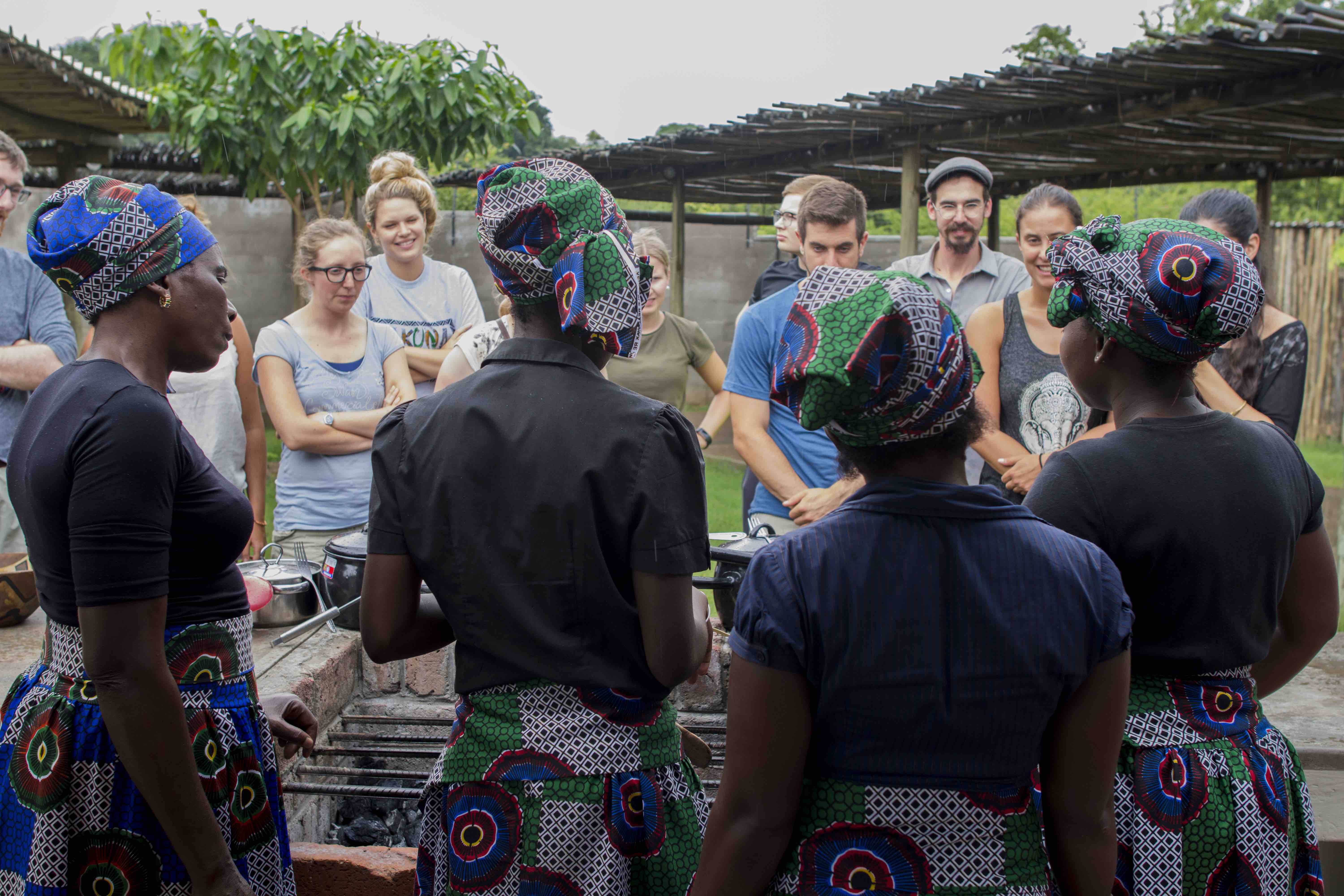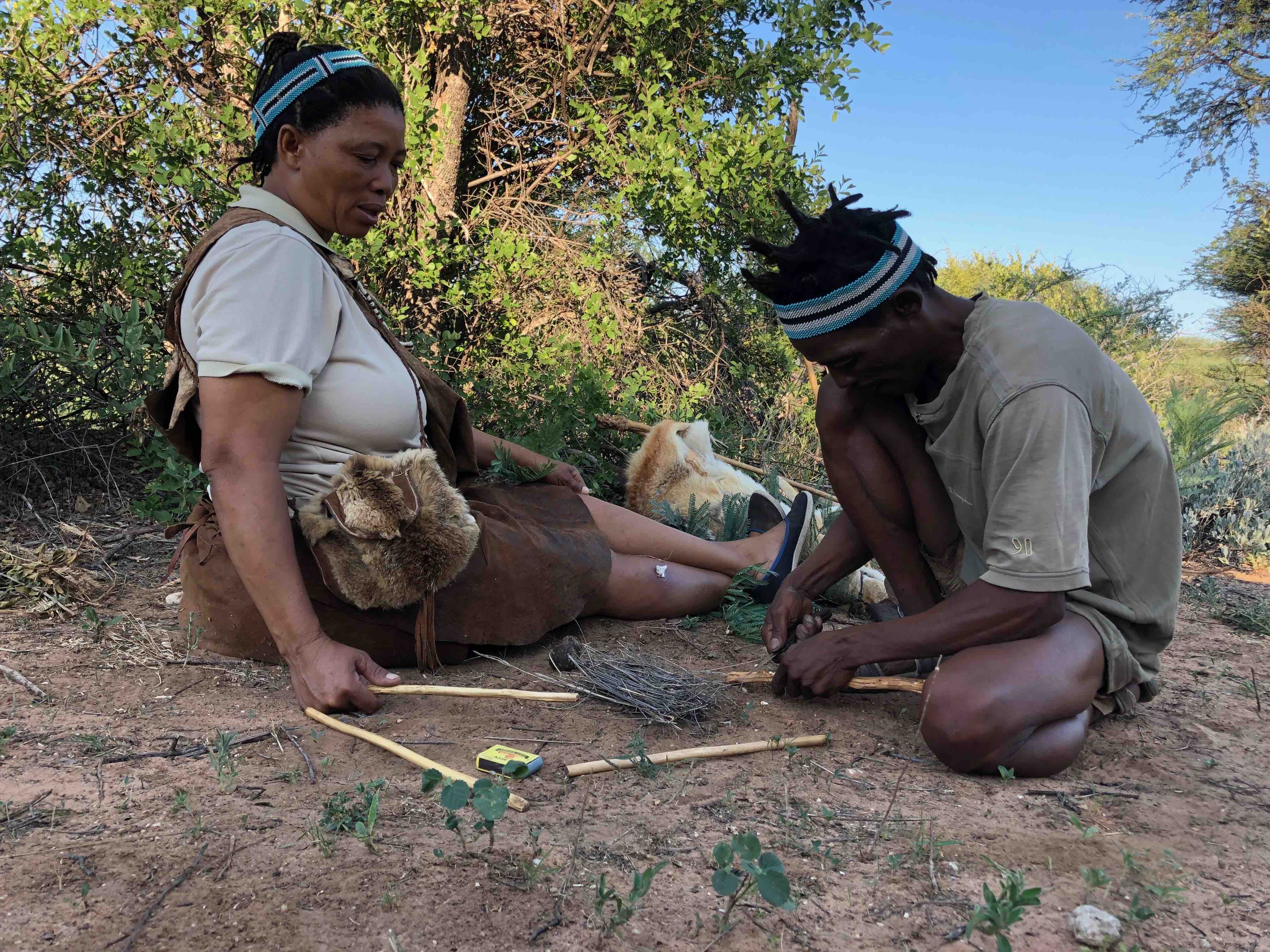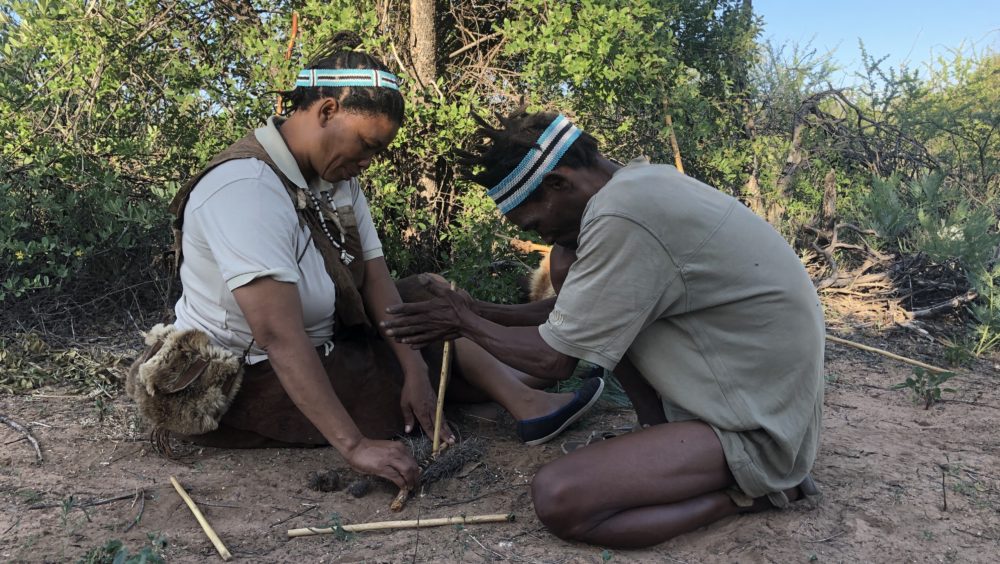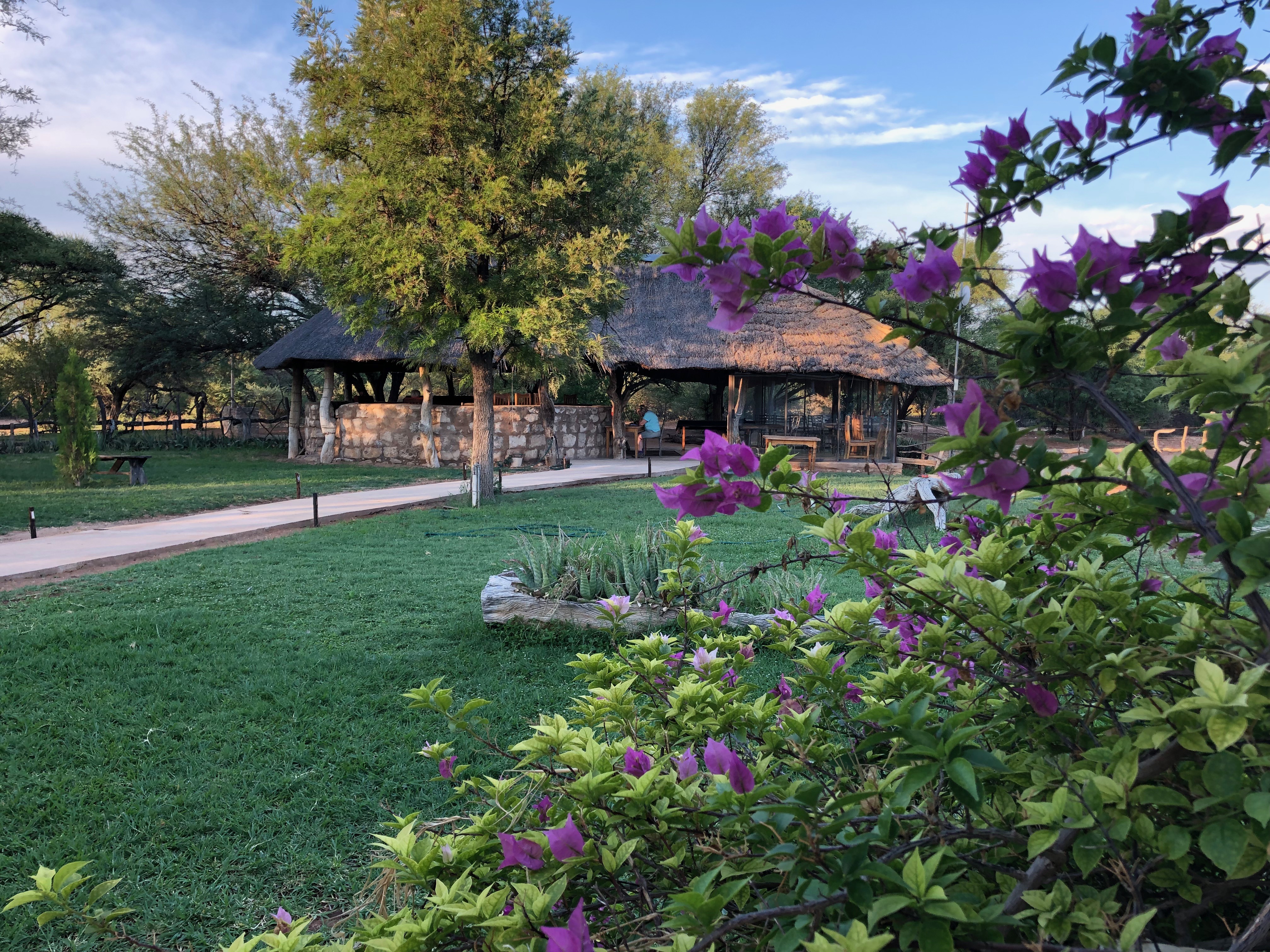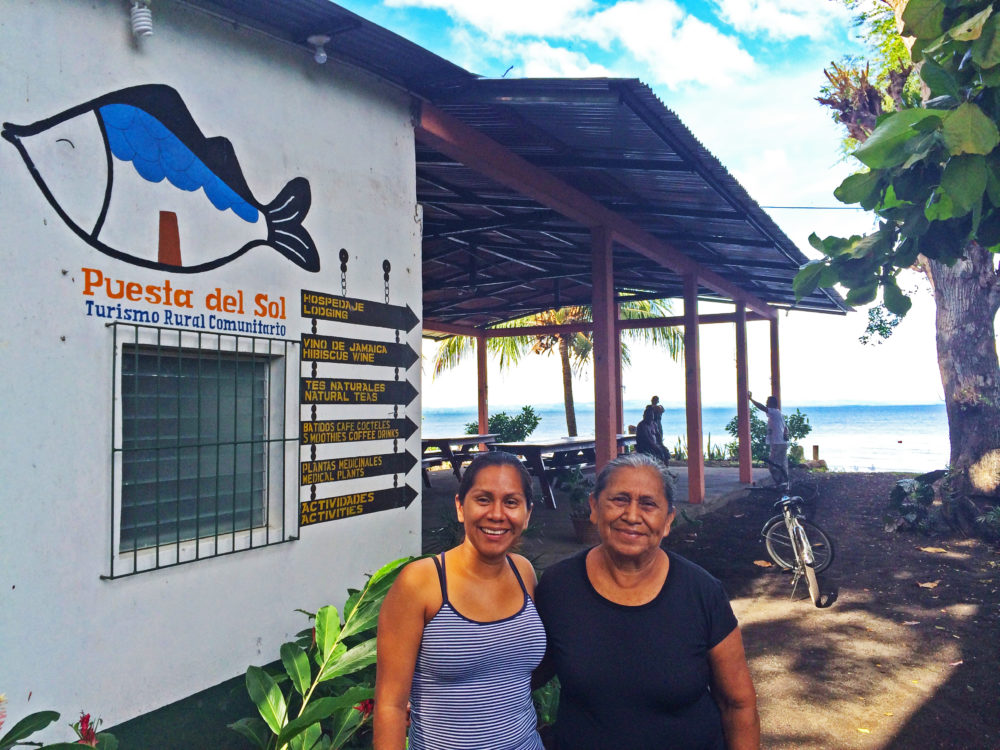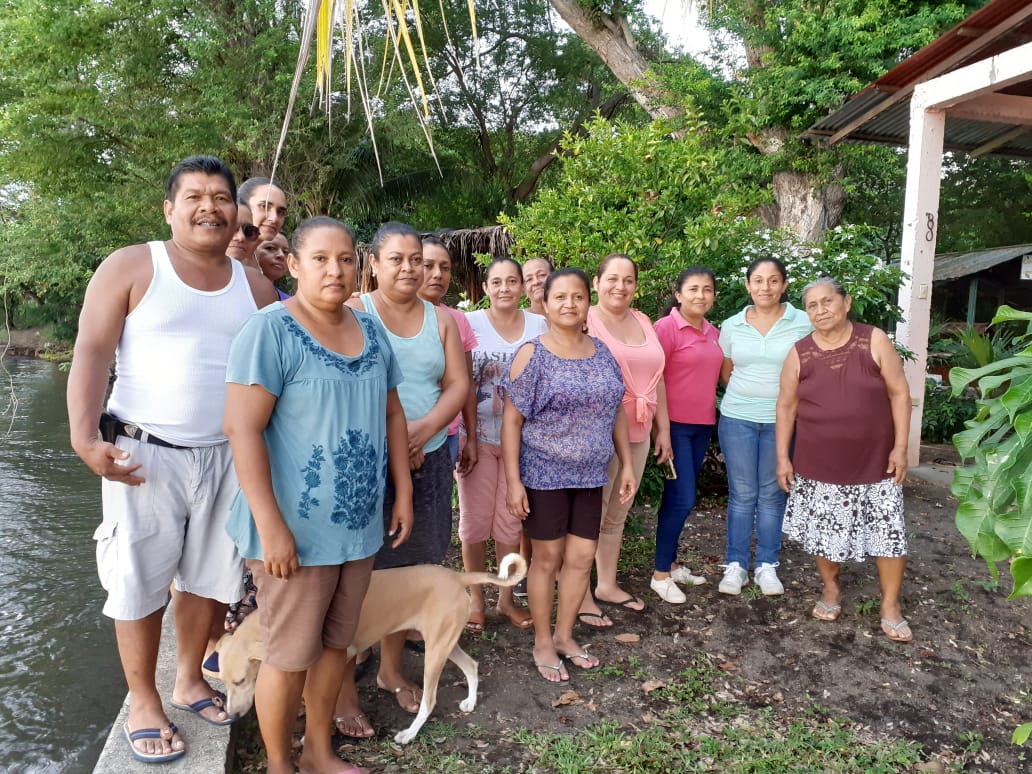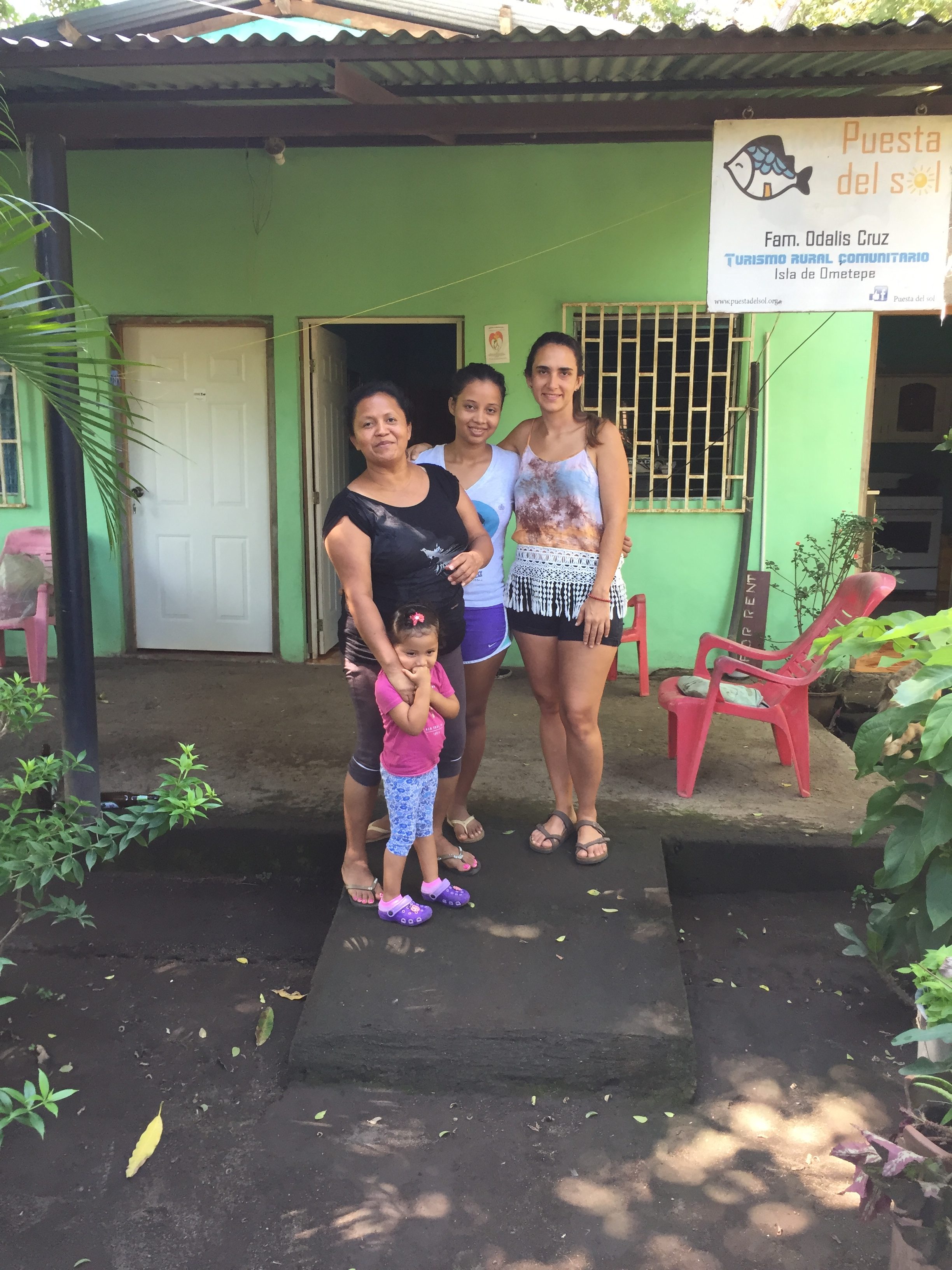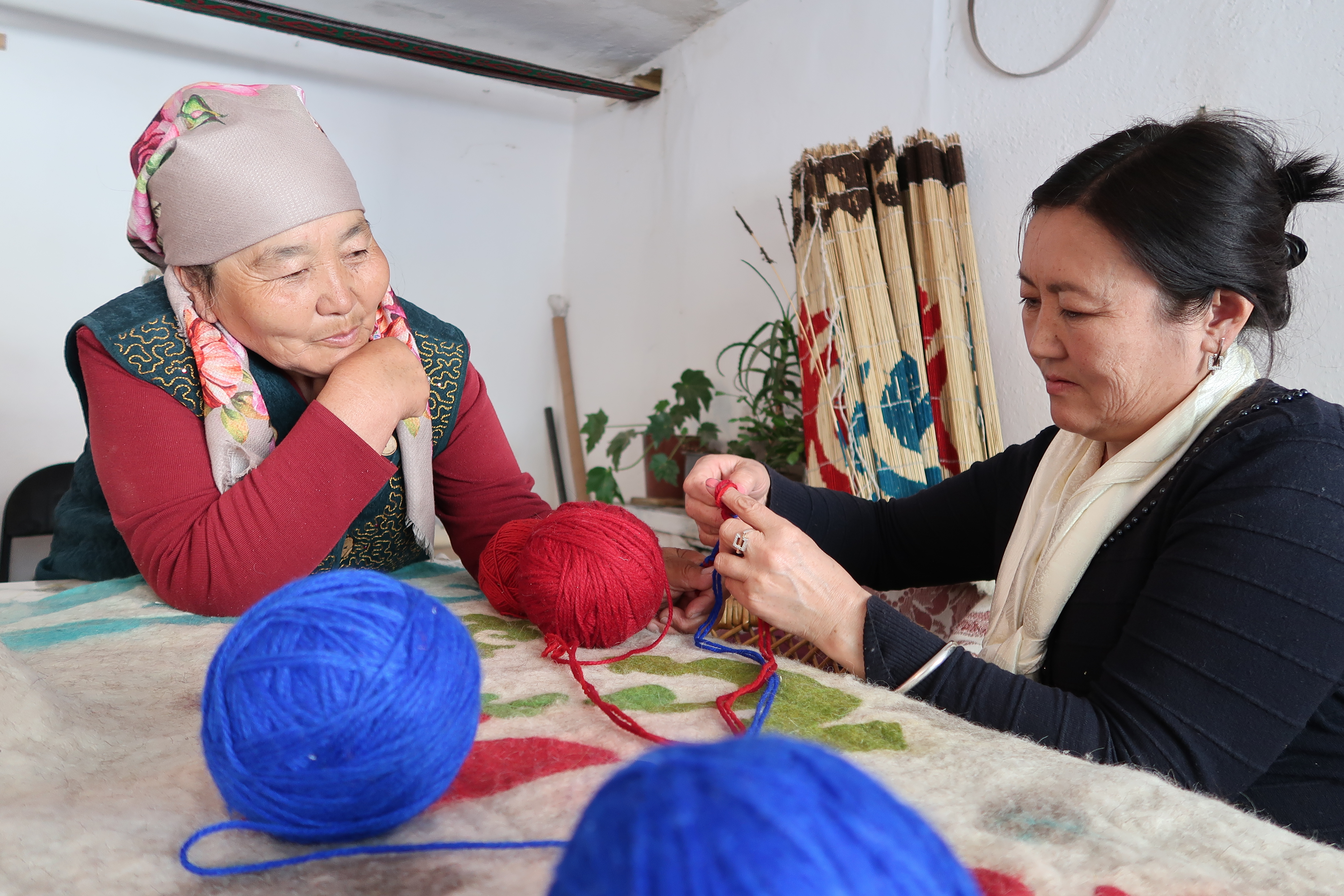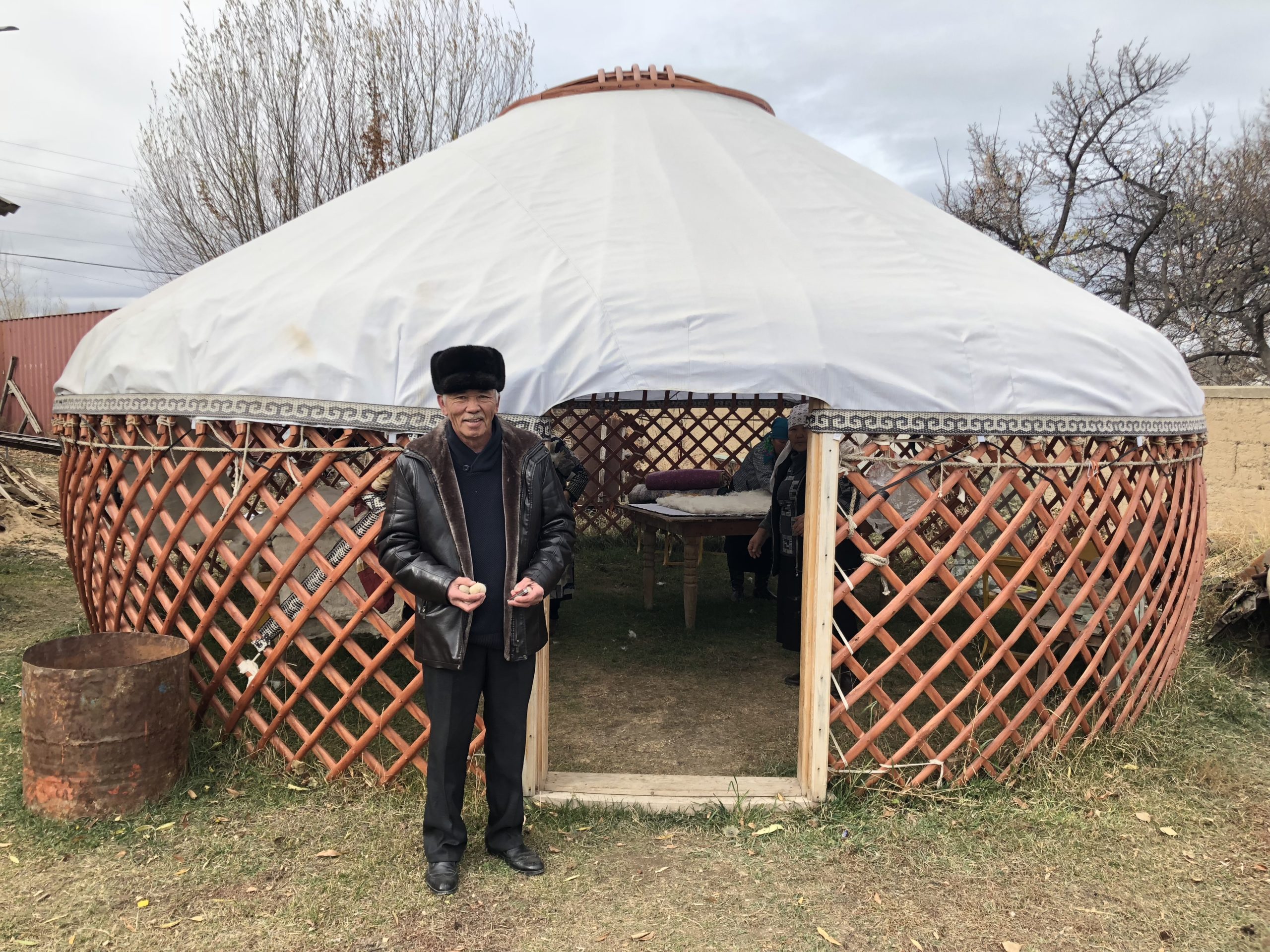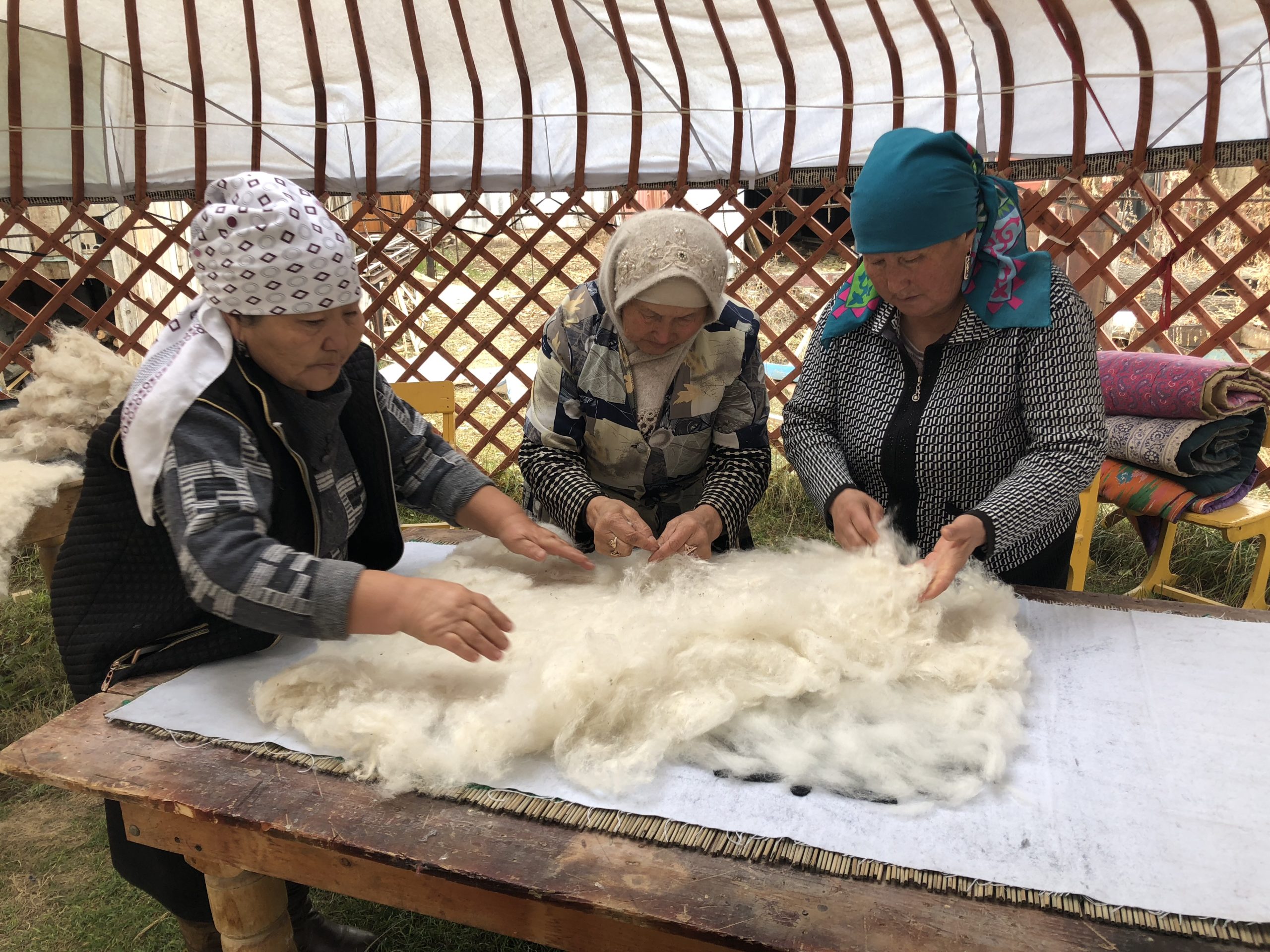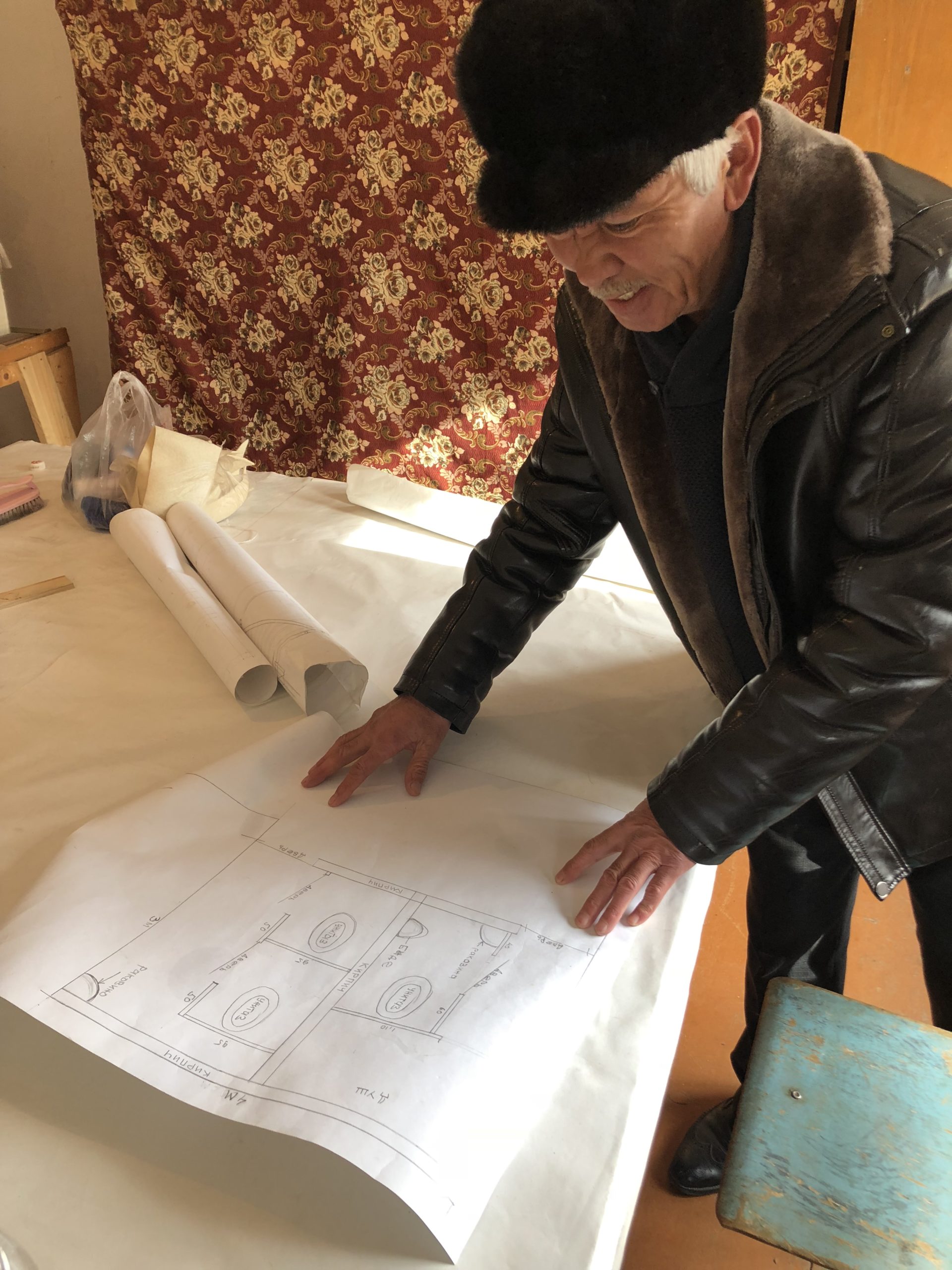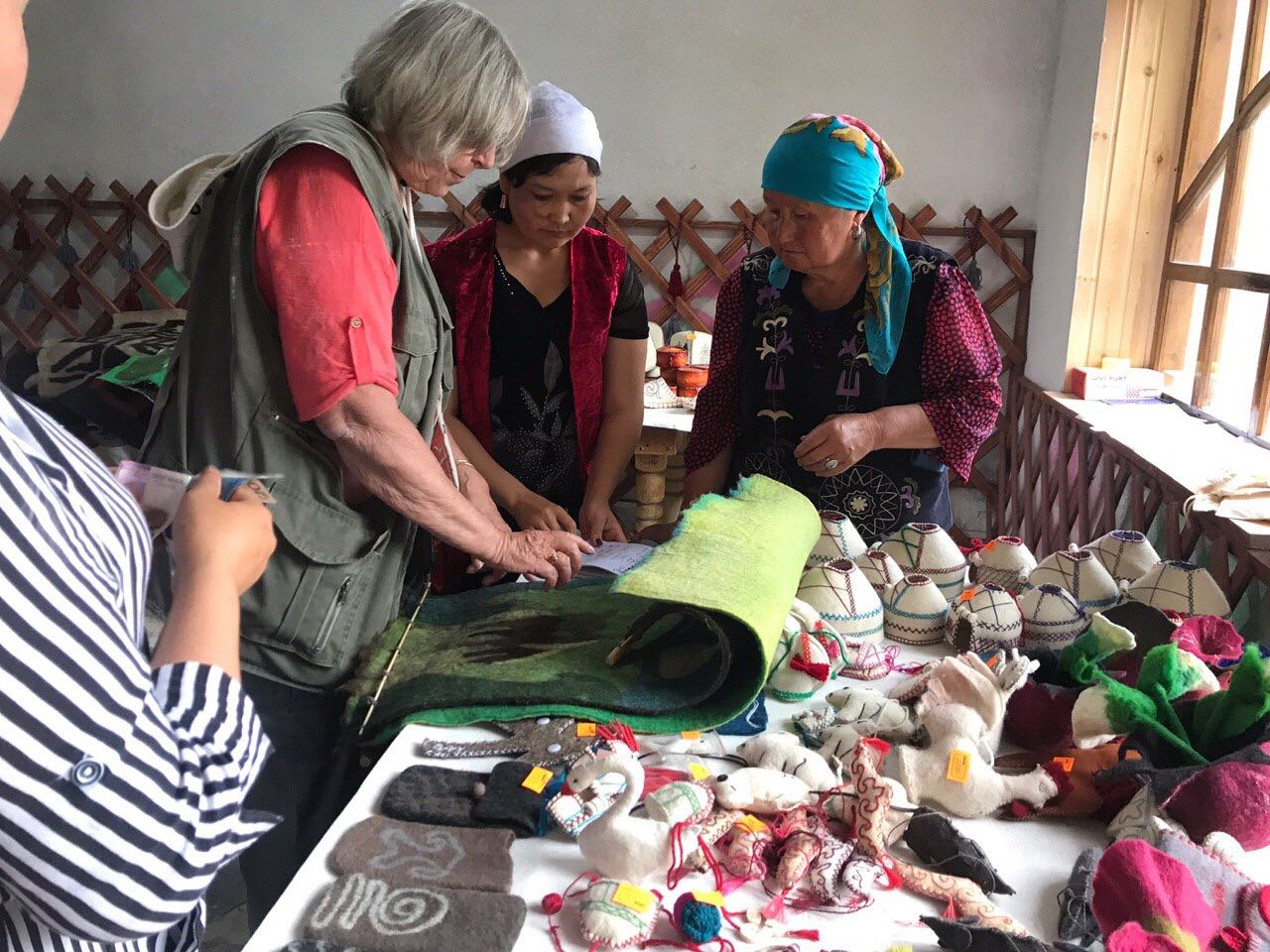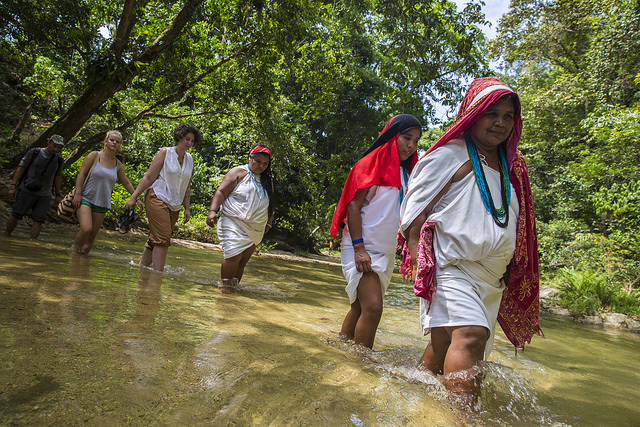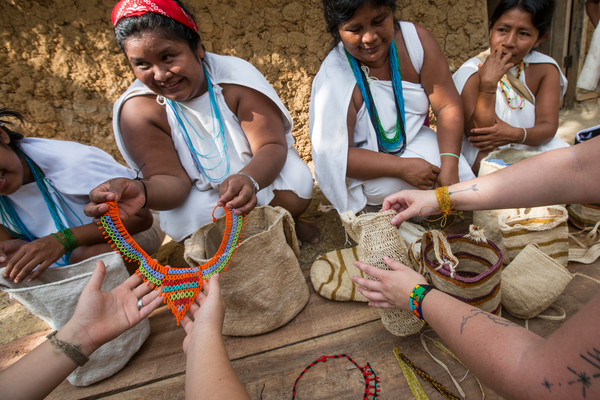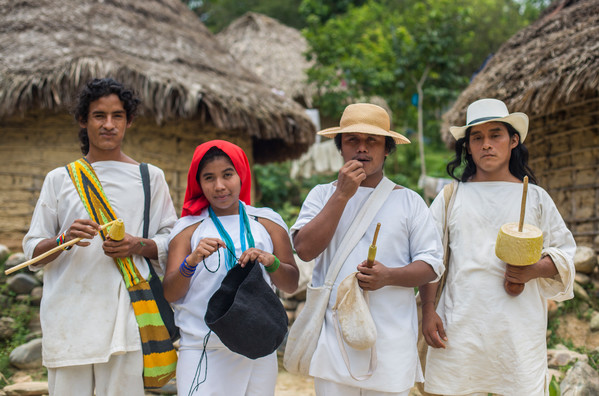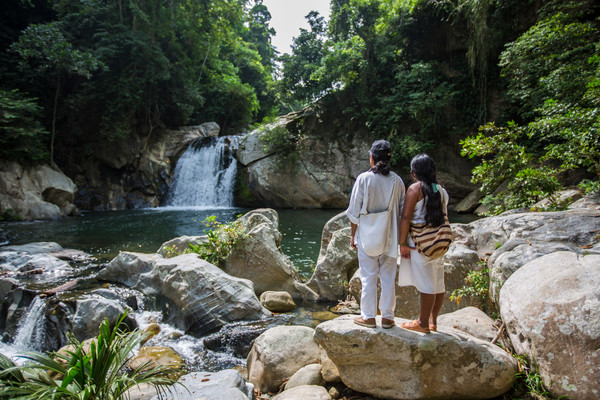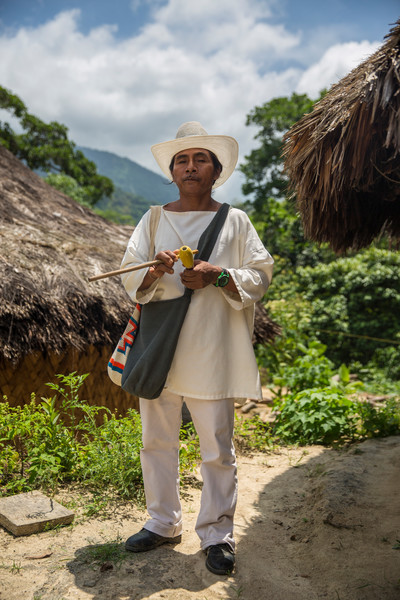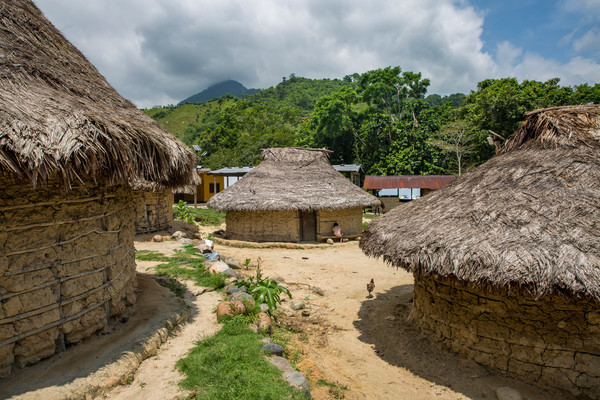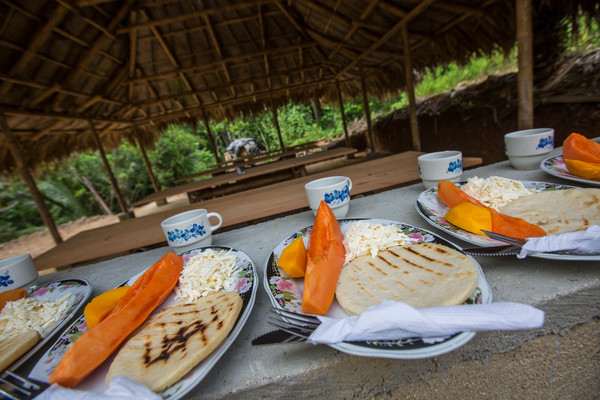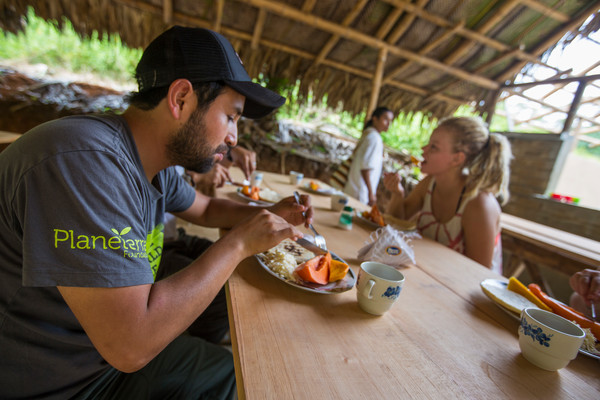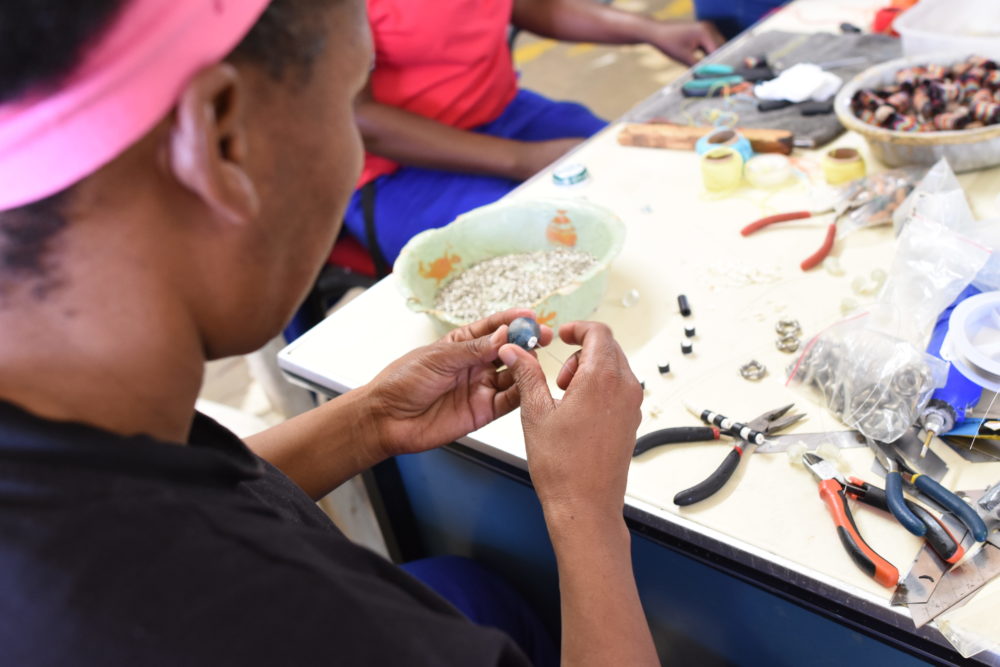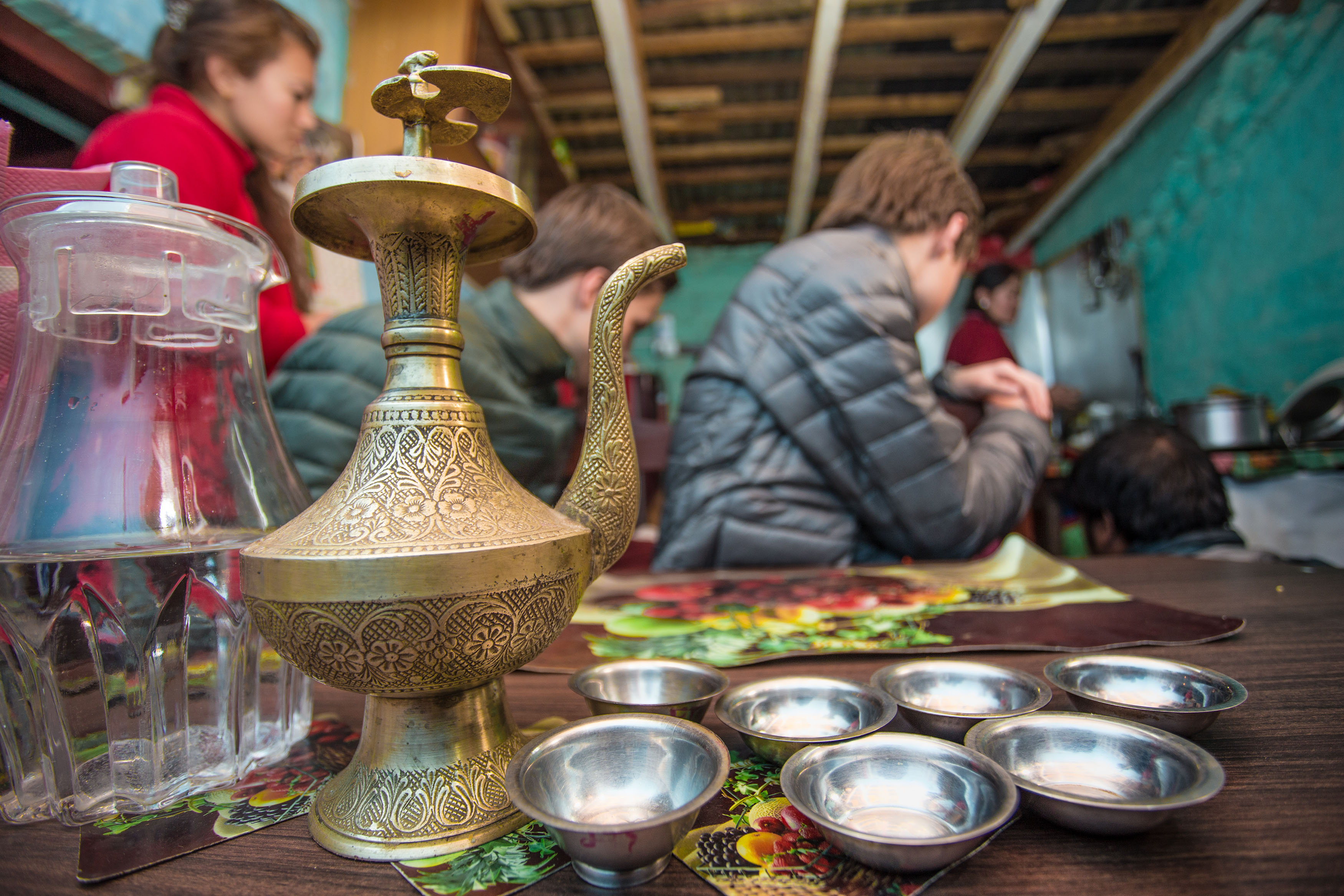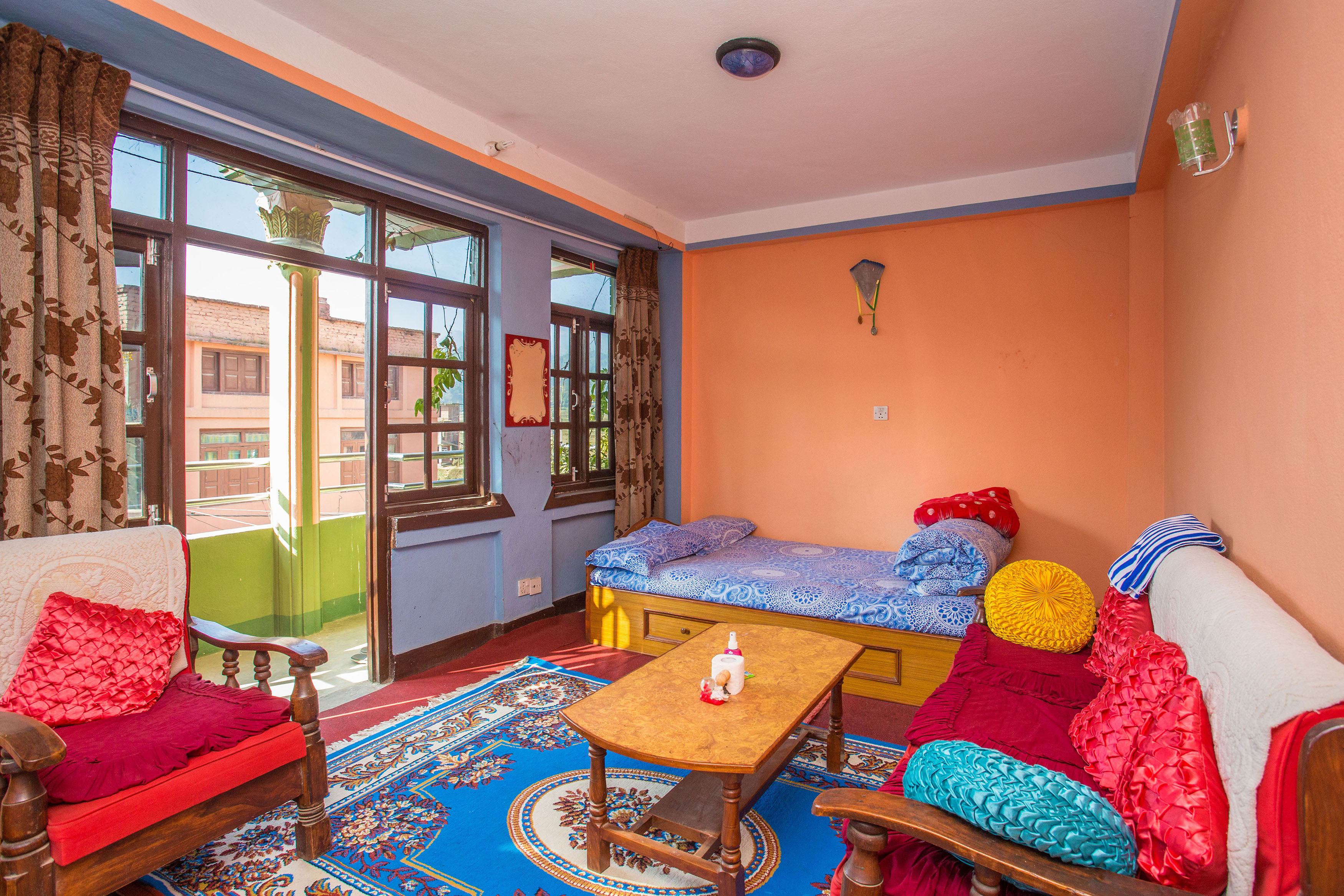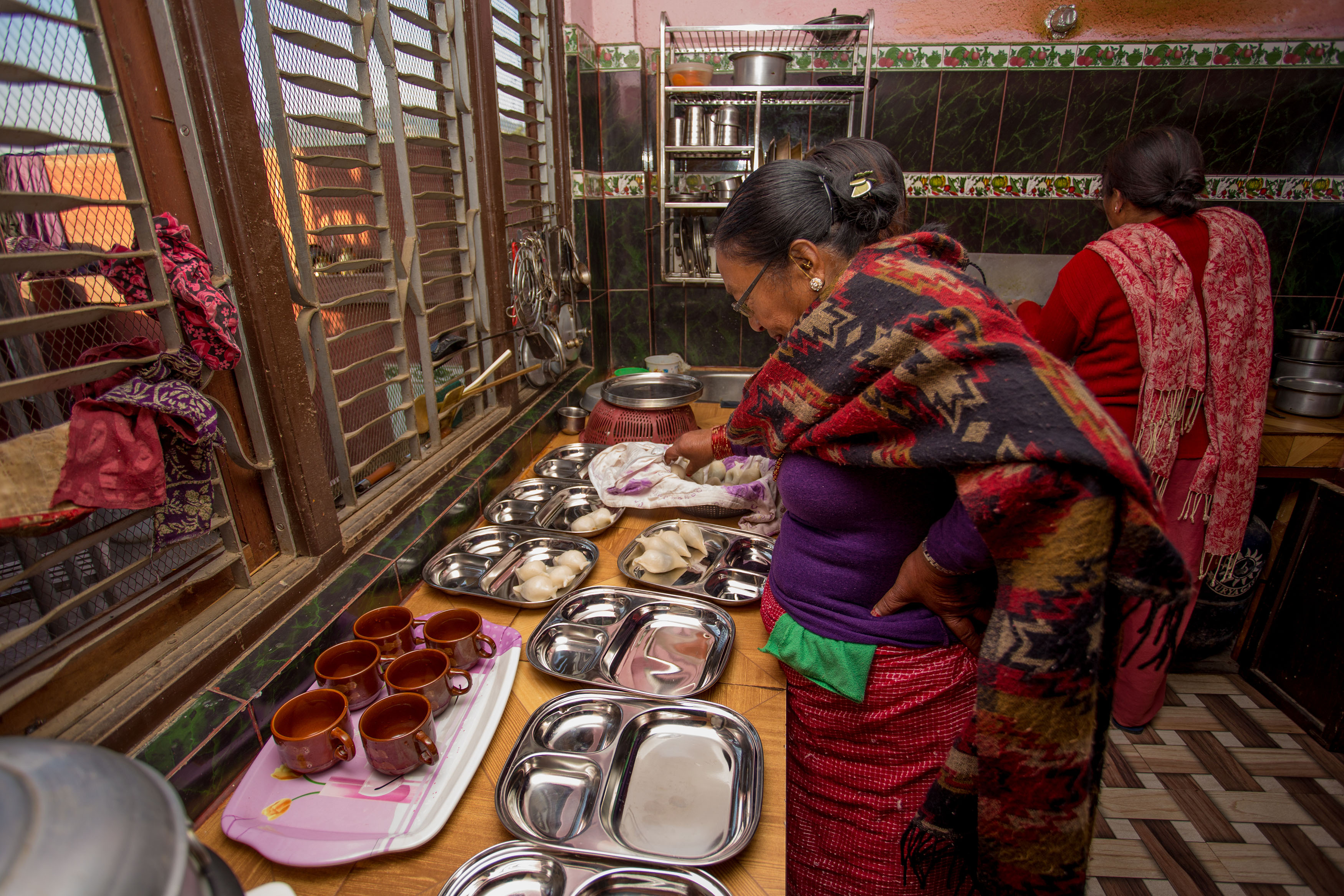Planeterra & Canadian Fund for Local Initiatives
In June of 2020, Planeterra was awarded a grant from the Canadian Fund for Local Initiatives (CFLI), for a project focussed on increasing domestic demand for Sthree’s handicraft and cafe has come to a close! The CFLI is a program designed to support small-scale, high-impact projects in developing countries, which align with Global Affairs Canada’s thematic priority areas for engagement.
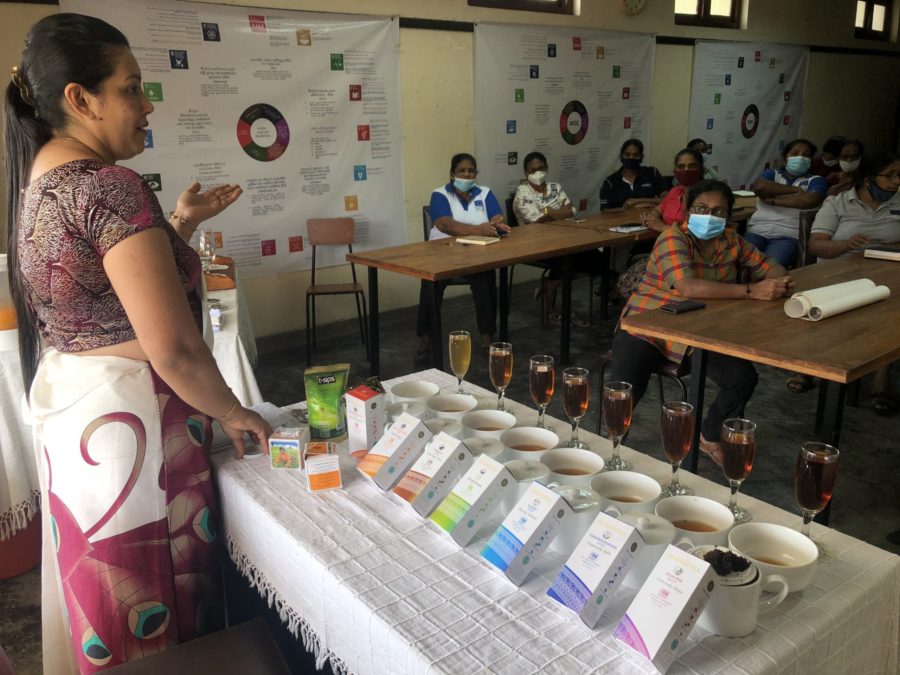
This month marks the end of Planeterra’s project with the Candian Fund for Local Initiatives (CFLI). We began working with CFLI in June with our partners at the Women’s Development Centre (WDC) in Sri Lanka. The goal of this project was to empower women entrepreneurs dependent on international tourism for their income, to better access the domestic markets in order to reduce the volatility of their household income to changes in the tourism market.
We are excited to share that this project has equipped 110 women entrepreneurs and 23 employees from the WDC in Sri Lanka with increased knowledge of business management, improved handicraft skills, and a better understanding of domestic market channels and trends.
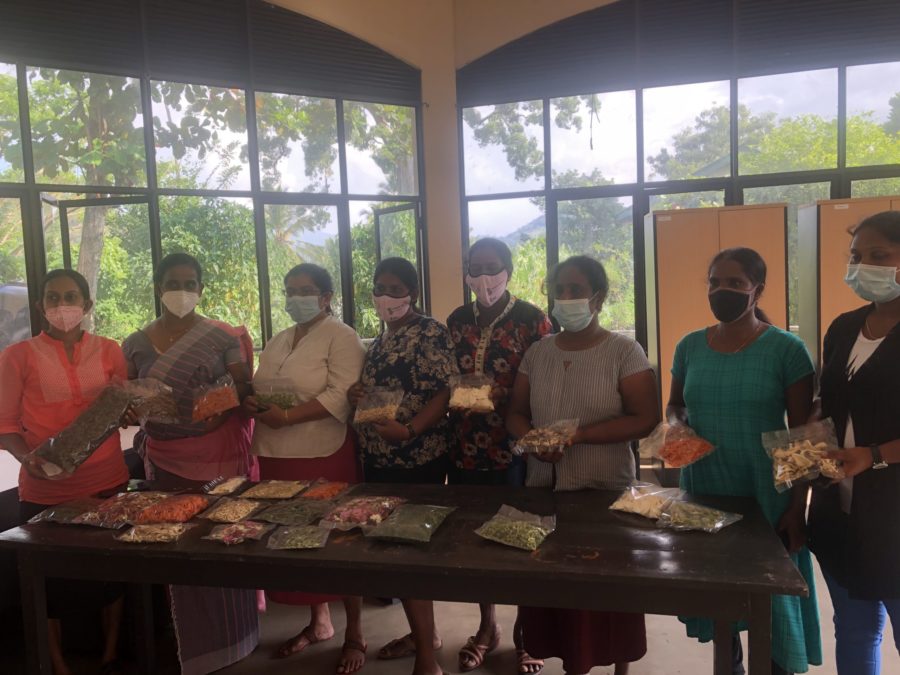
“These trainings have renewed a sense of confidence within the entrepreneurs to capture new markets with the right products, and a new confidence in the WDC team to lead the entrepreneurs to success and better tap into online markets to support the sale of their products,” says Rhea Simms, Senior Programs Manager of Planeterra.
Handicraft quality training was conducted on shoe making, batik dying, candle making, crocheting, soft toy making, saree blouse making, artisanal soap making, packaging and food dehydration. All skills training activities were identified through market assessments conducted to better understand local purchasing trends. Some entrepreneurs went on to receive mentorship which allowed them to put their new skills into action and develop their very first business plans. Marketing and social media training played a large role as well, as the world becomes increasingly online.
While COVID-19 impacted some of the sessions, the local trainers and entrepreneurs were quick to improvise using Whatsapp to communicate and participate in lessons remotely. Recordings of training sessions were completed to keep the program moving along effectively and ensure that the learnings could continue beyond the project period.
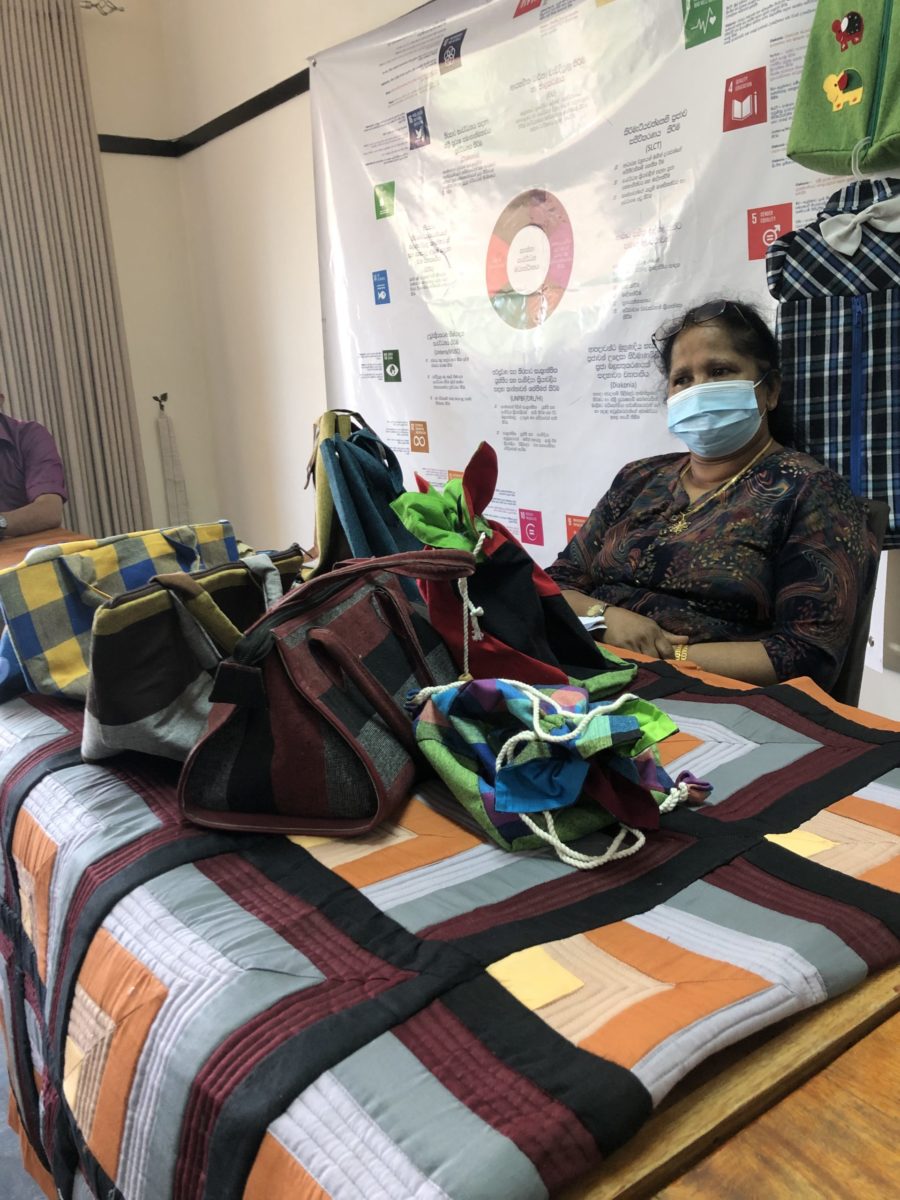
Despite the challenges posed by COVID-19, the project was a success with over 160 people benefiting from the project, 149 of those being women. While it is still early to know the full impact of this project, six women entrepreneurs have developed brand new products for the domestic market – two of them related to food dehydration. Four partnerships were developed to increase sales and skills for women entrepreneurs. Lastly, three entrepreneurs were able to secure large orders through effective marketing both direct and through social media, with differentiated products based on project learnings.
We are proud to have been a part of such an impactful initiative and we know that it will continue to make a difference for women entrepreneurs across Sri Lanka.
About Planeterra
Planeterra is committed to turning travel into impact by helping local communities earn an income from tourism. It is a non-profit organization created in 2003 by G Adventures’ founder, Bruce Poon Tip and was started with the purpose of connecting underserved communities to opportunities in the travel industry. Planeterra helps local organizations and communities use tourism as a catalyst to improve people’s lives, protect their natural environments, and celebrate their culture. For more information please visit www.planeterra.org


